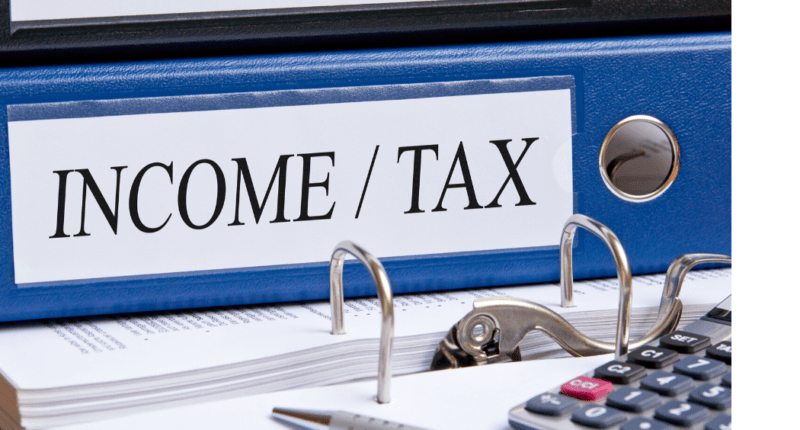Tax deducted at source (TDS) and tax collected at source (TCS) play a vital role in offering a rich source of data to the income tax authorities.
From 1st July 2021 onwards, companies have an additional compliance burden of new TDS provisions. According to the new rules under section 194Q, the buyers are liable to deduct tax at 0.1 per cent on the amount of purchase from one seller over Rs.50 lakh, provided that the buyer’s turnover is more than Rs.10 crore in the year preceding the financial year in which such purchase is made.
The TDS amount paid to the government’s credit is used as a source of information for further reconciliation with the similar data furnished by the taxpayer while filing the returns for assessment purposes.
After the launch of ‘faceless assessment’, the enquiries for such types of reconciliations have been increasing. Hence, businesses have to expand their IT capabilities to align themselves with the objectives of the income tax department and avoid unnecessary income tax notices.
Along with Section 194-Q, new rules for levy of TDS/TCS at higher rates has also become applicable from 1st July 2021.
Section 206AB is a newly introduced section to deduce a higher TDS rate for non-filers of income tax returns, i.e. for ‘specified persons’. Similarly, section 206CCA is freshly introduced for tax collection at higher payment rates on a ‘specified person.’ A ‘specified person’ is defined as an individual or an entity with a total tax deducted or collected (TDS/TCS) worth more than Rs.50,000 in the previous two years and has not filed ITR in those years.
TDS/TCS rate applicable in the case of these ‘specified persons’ will be calculated based on whichever is the highest amongst the following:
- Twice the rate/rates in force (if modified by CBDT).
- Twice the rate specified as per relevant provisions of the Income Tax Act.
- At the rate of 5%.
This amendment is also focused on providing more data to the income tax department to curb tax evasion and augment ITR filing compliance.
The income tax department recently launched a ‘Compliance Check’ feature in the new e-filing portal to facilitate this compliance. This feature will provide information related to the non-compliance of return filing of the ‘specified persons’ on whom such a higher rate of TDS/TCS will be applicable.
While significant IT changes were required to comply with the new TCS rules on the sale of goods last year in October 2020, a complete revamp of the IT structure will be needed to harmonise the interplay between the new regulations for TDS and TCS.
Also, the income tax department has set out guidelines where the new TDS provisions related to the purchase of goods will prevail over TCS and where such TCS shall coexist. Handling of these two on IT systems for smooth compliance would be of utmost importance.
While the government’s ‘Compliance Check Facility’ has provided a window for verification of return filing status, it is equally essential for businesses to determine whether a transaction would be liable to TDS or TCS levy separately.
Initially, this significant amendment may pose a few challenges, but in times to come, it will only result in ease of compliance once the IT systems of the company are well aligned with the tax laws.
For any clarifications/feedback on the topic, please contact the writer at jyoti.arora@cleartax.in

I am a Chartered Accountant by profession with 4+ years of experience in the finance domain. I consider myself as someone who yearns to explore the world through travelling & Reading. I believe, the knowledge & wisdom that reading gives has helped me shape my perspective towards life, career and relationships. I enjoy meeting new people & learning about their lives & backgrounds. My mantra is to find inspiration from everyday life & thrive to be better each day.





